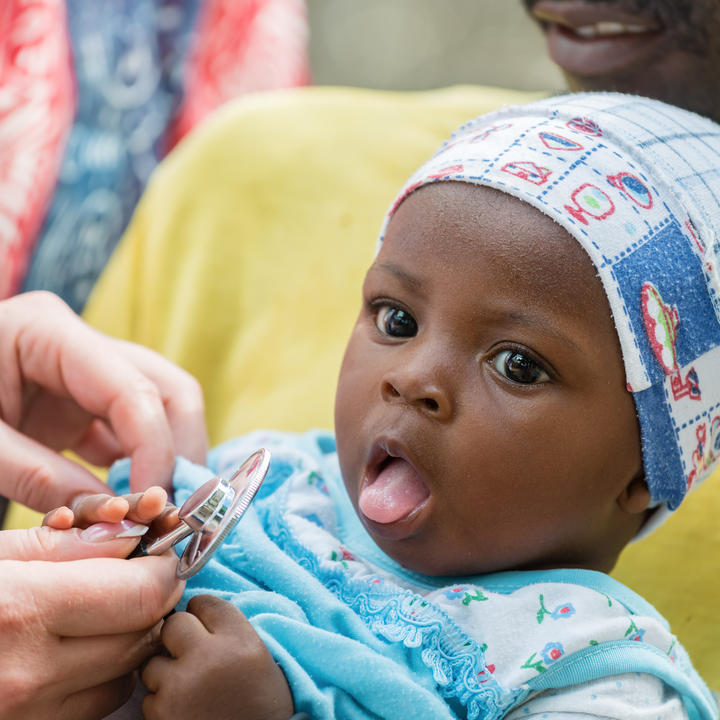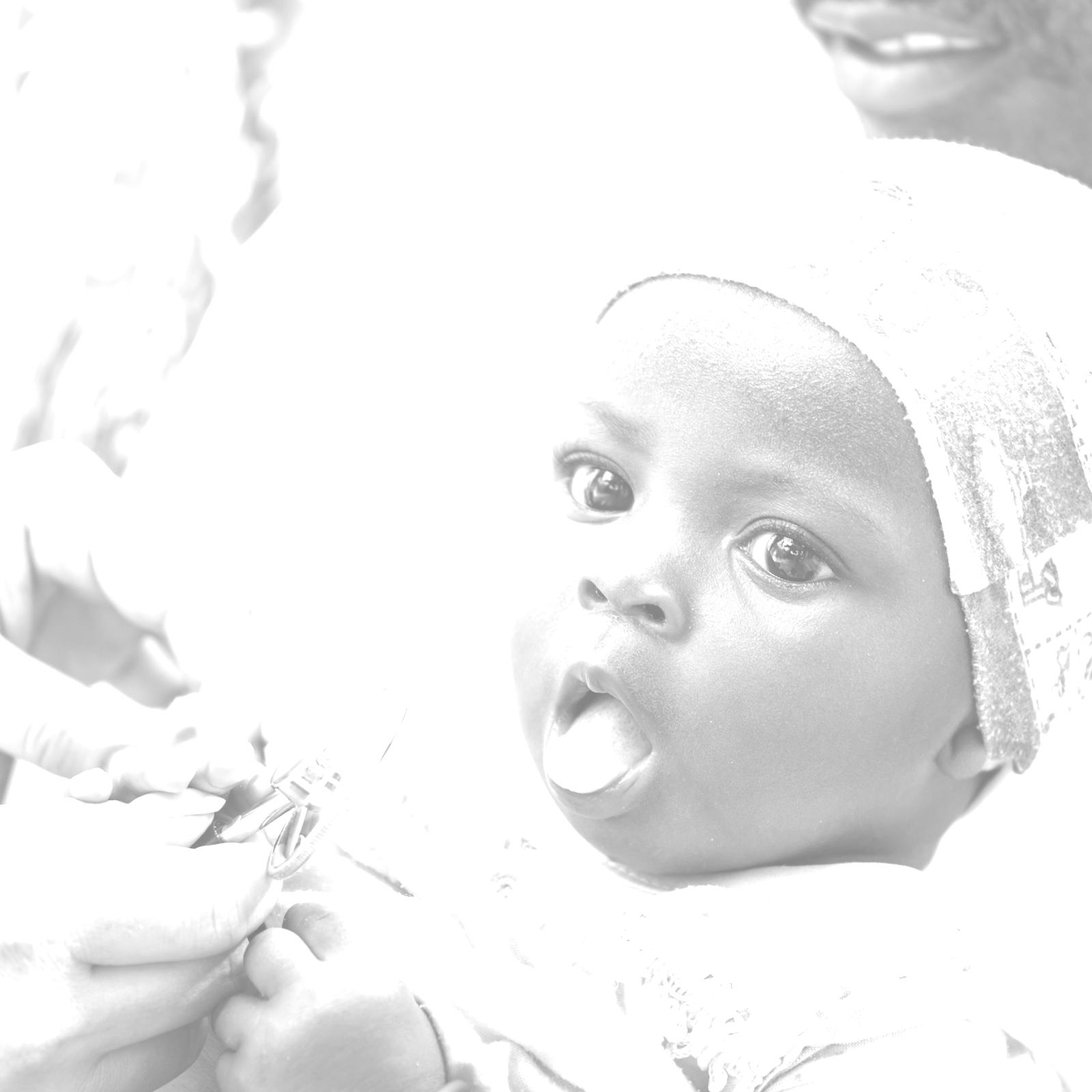The primary purpose of BOHEMIA is to contribute to the global public health goals for malaria control by developing a complementary strategy for vector control. BOHEMIA will specifically seek to:
- Generate evidence on the impact of ivermectin MDA on malaria infection in humans, mosquito populations, the environment, and its safety and acceptability by communities.
- Support policy and translation of ivermectin as a potential vector control strategy for malaria impact.
- Engage generic drug manufacturers as key partners for malaria intervention.
We developed an analytical tool based on a full factorial experimental design to assess the potential impact of iMDA in nine high burden sub-Saharan African countries. The simulated iMDA regimen was assumed to be delivered monthly to the targeted population for three months each year from 2023 to 2027. A broad set of parameters measuring ivermectin’s efficacy, uptake levels, and global intervention scenarios were used to predict averted malaria cases and deaths. We then explored the potential averted treatment costs, expected implementation costs, and cost-effectiveness ratios under different scenarios. Results in the scenario where coverage of malaria interventions was maintained at 2018 levels, we found that iMDA in these nine countries has the potential to reverse the predicted growth of malaria burden by averting 20–50 million cases and 36, 000–90,000 deaths with an assumed efficacy of 20%. If iMDA has an efficacy of 40%, we predict between 40–99 million cases and 73,000–179,000 deaths will be averted with an estimated net cost per case averted between US$2 and US$7. The net cost per death averted would fall between US$1,460 and US$4,374.
For more findings, see publications.




